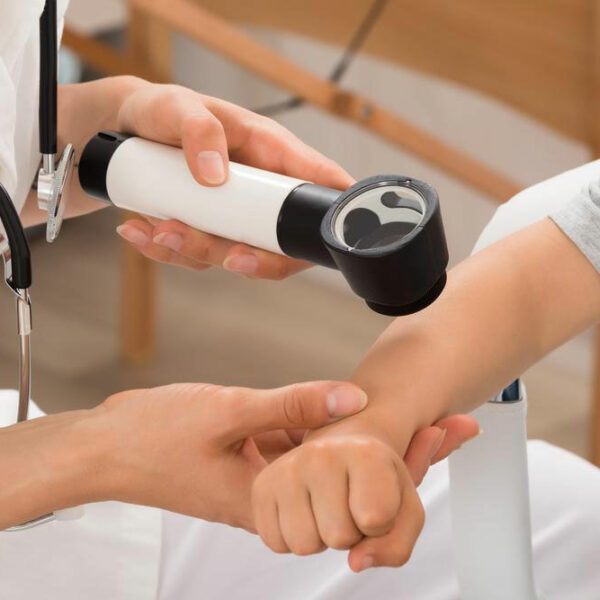Know The Risk Factors And Symptoms Of Psoriasis
Psoriasis is a chronic skin disease and approximately 2.5% of US citizens suffer from it. Across the globe, around 225 million people are affected by the skin condition.
What is Psoriasis?
Psoriasis is one of the most common diseases which mainly develop on skin affecting the cell renewal cycle of the skin. The diseases can become painful and show severe symptoms.
However, the disease recurs time and again. It can never go away completely.

● Nail Psoriasis: Affecting nails of fingers and toes, this condition gives rise to the abnormal growth of the nail. Moreover, the nails are seen as crumbled often.
● Plaque Psoriasis: This is the most common type of psoriasis which leads to a dry and red skin full of silvery scales. The pain can increase with the course of time.
Causes
The cause of this chronic condition has not been found out; however, the scientists are continuing their work. Psoriasis primarily attacks the immune system where white blood cells, namely, neutrophils and T cells are largely affected. In this condition, the T cells begin attacking fine skin cells.
Risk Factors
As the root of the disease is yet to be found, the risk factors are decided on the observation of cases of the sufferers:
● Smoking
● Excessive consumption of alcohol
● Work pressure or stress
● Infections on skin
● Deficiency of Vit D
● Sunburn
● Genes
● Race
● Obesity
● Poor diet
● Medicines containing lithium
● Certain bipolar and antimalarial medications
Symptoms
Psoriasis Symptoms vary patient to patient; however, there are few common symptoms encountered by people,
● Stiffness in joints
● Red patches on the skin
● Cracked and dry skin seem to bleed
● Scaling spots mainly witness among children
● Ridged and thickened nails
● Soreness, itchiness and burning sensation in the skin
No matter what you should take medications on your own without paying a visit to the dermatologist. Stanford Health Care advises you to follow a nutritious diet and leave bad habits behind to avoid further complications that can arise due to to the skin condition. Mayo Clinic adds in this context that as there is no specific cure available, people only have to focus on managing their lifestyle.





